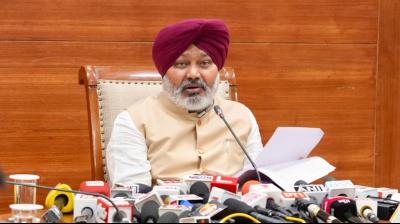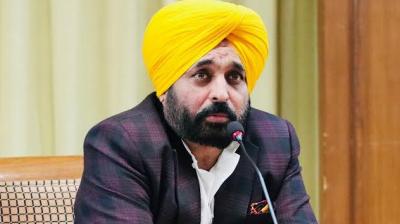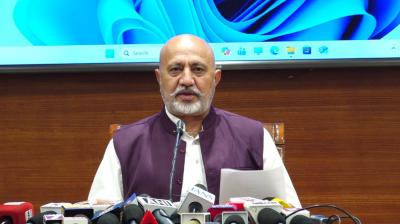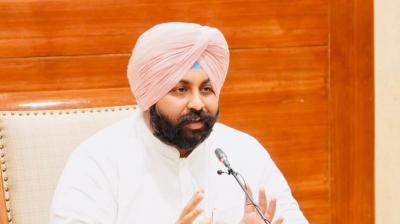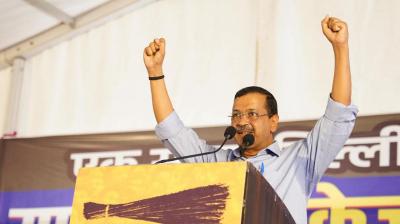
Ranveer Allahbadia, popularly known as BeerBiceps, found himself at center of controversy, His appearance on episode of India's Got Latent
The Ranveer Allahbadia Controversy and Obscenity Law
Recently, Ranveer Allahbadia, popularly known as BeerBiceps, has found himself at the center of controversy. His appearance on an episode of "India's Got Latent," hosted by comedian Samay Raina, sparked debates about the thin line between humor and obscenity in online content. This article explores the case, the legal implications involved, and the obscenity laws in India that are relevant to the situation.
The Incident
The controversy erupted when Allahbadia posed a provocative question to a contestant: "Would you rather watch your parents have sex every day for the rest of your life or join in once and stop it forever?" Although intended as a joke, the remark backfired and led to significant public backlash. The clip quickly went viral, resulting in multiple complaints against Allahbadia, Raina, and other participants. This incident has raised crucial questions about the accountability of content creators and the consequences of their statements.
Obscenity Laws in India: Protecting Decency in a Digital Age
Obscenity laws in India aim to maintain public decency while respecting individual freedoms. These laws are governed by the Indian Penal Code (IPC)and the Information Technology Act, 2000.
Here's an overview of Indian Penal Code (IPC)
- Section 292: This section prohibits the publication, sale, and distribution of obscene books, pamphlets, and other materials. It considers content obscene if it is lascivious or appeals to prurient interests. Imagine a person buying a book to find that its content is offensive and violates common decency. This section ensures that such material doesn't reach the public.
- Section 293: This section deals with the sale, distribution, or circulation of obscene materials to individuals under the age of 20. Think of it as a safeguard for young minds, ensuring that children and teenagers are protected from inappropriate content.
- Section 294: This section provides punishment for obscene acts and songs in public places. It’s like ensuring that public spaces remain respectful and free from offensive behavior or performances.
Information Technology Act, 2000
Section 67: This section addresses the publication or transmission of obscene material in electronic form. Given the rise of the internet, this section is vital in regulating online obscenity, ensuring that digital content adheres to the same standards of decency as physical content.
Historical Context and Key Cases
The concept of obscenity in India has evolved over time, influenced by cultural values and legal precedents. For instance:
- The Hicklin Test from Regina v. Hicklin (1868) defined obscenity based on whether content could corrupt those who might be susceptible to such influences.
- In Ranjit D. Udeshi v. State of Maharashtra (1965), Indian courts modified the Hicklin Test, stating that the work must be evaluated as a whole, considering both obscene and non-obscene parts. This case emphasized looking at the broader context rather than isolated sections.
- The Contemporary Community Standards Test, introduced in Aveek Sarkar v. State of West Bengal (2014), considers present-day community standards. This test reflects current societal norms and sensitivities, acknowledging that what was deemed obscene in the past might not be seen the same way today.
Challenges and Modern Implications
With over 450 million monthly active internet users, India faces challenges in regulating online obscenity. The balance between freedom of expression and community standards remains a central theme in legal discourse. The goal is to protect societal morality while respecting individual freedoms and dignity.
Legal Proceedings:
In the aftermath of the incident, legal actions were promptly initiated. The Mumbai Police, in collaboration with the National Commission for Women (NCW), filed FIRs under various sections of the IPC, including Section 292 and Section 294. Additionally, the Guwahati Police lodged an FIR against the participants involved.
(For More News Apart From The Ranveer Allahbadia Controversy and Obscenity Law stay tuned to Rozana Spokesman)




